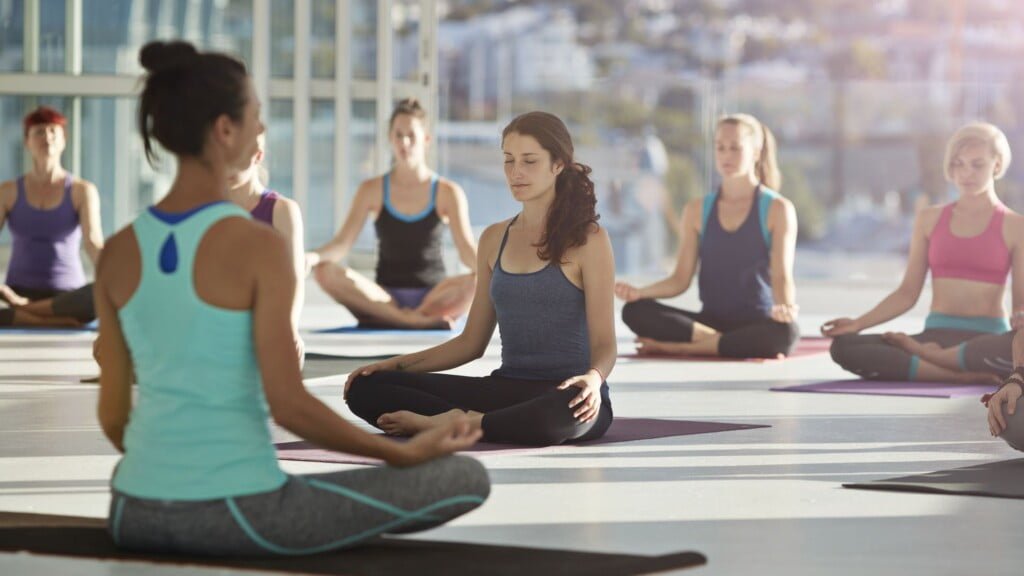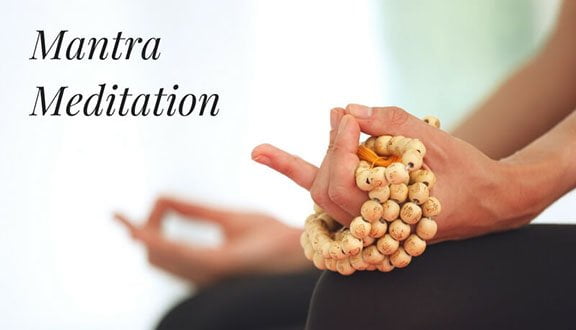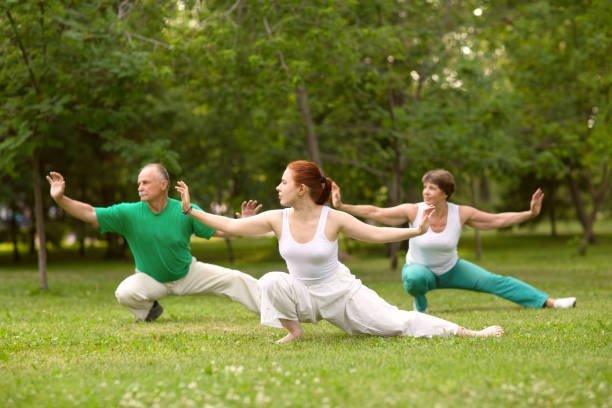
* Understanding meditation
Meditation has been practiced for thousands of years. Meditation originally was meant to help deepen understanding of the sacred and mystical forces of life. These days, meditation is commonly used for relaxation and stress reduction.
Meditation is considered a type of mind-body complementary medicine. Meditation can produce a deep state of relaxation and a tranquil mind.
During meditation, you focus your attention and eliminate the stream of jumbled thoughts that may be crowding your mind and causing stress. This process may result in enhanced physical and emotional well-being.
* Benefits of meditation
Meditation can give you a sense of calm, peace and balance that can benefit both your emotional well-being and your overall health.
And these benefits don’t end when your meditation session ends. Meditation can help carry you more calmly through your day and may help you manage symptoms of certain medical conditions.
* Meditation and emotional well-being
When you meditate, you may clear away the information overload that builds up every day and contributes to your stress.
The emotional benefits of meditation can include:
– Gaining a new perspective on stressful situations
– Building skills to manage your stress
– Increasing self-awareness
– Focusing on the present
– Reducing negative emotions
– Increasing imagination and creativity
– Increasing patience and tolerance
Meditation and illness
Meditation might also be useful if you have a medical condition, especially one that may be worsened by stress.
While a growing body of scientific research supports the health benefits of meditation, some researchers believe it’s not yet possible to draw conclusions about the possible benefits of meditation.
With that in mind, some research suggests that meditation may help people manage symptoms of conditions such as:
Anxiety
Asthma
Cancer
Chronic pain
Depression
Heart disease
High blood pressure
Irritable bowel syndrome
Sleep problems
Tension headaches
Be sure to talk to your health care provider about the pros and cons of using meditation if you have any of these conditions or other health problems. In some cases, meditation can worsen symptoms associated with certain mental and physical health conditions.
Meditation isn’t a replacement for traditional medical treatment. But it may be a useful addition to your other treatment.
* Types of meditation
Meditation is an umbrella term for the many ways to a relaxed state of being. There are many types of meditation and relaxation techniques that have meditation components. All share the same goal of achieving inner peace.
Ways to meditate can include:
– Guided meditation. Sometimes called guided imagery or visualization, with this method of meditation you form mental images of places or situations you find relaxing.
You try to use as many senses as possible, such as smells, sights, sounds and textures. You may be led through this process by a guide or teacher.

– Mantra meditation. In this type of meditation, you silently repeat a calming word, thought or phrase to prevent distracting thoughts.

– Mindfulness meditation. This type of meditation is based on being mindful, or having an increased awareness and acceptance of living in the present moment.
In mindfulness meditation, you broaden your conscious awareness. You focus on what you experience during meditation, such as the flow of your breath. You can observe your thoughts and emotions, but let them pass without judgment.

– Qi gong. This practice generally combines meditation, relaxation, physical movement and breathing exercises to restore and maintain balance. Qi gong (CHEE-gung) is part of traditional Chinese medicine.

– Tai chi. This is a form of gentle Chinese martial arts. In tai chi (TIE-CHEE), you perform a self-paced series of postures or movements in a slow, graceful manner while practicing deep breathing.

– Yoga. You perform a series of postures and controlled breathing exercises to promote a more flexible body and a calm mind. As you move through poses that require balance and concentration, you’re encouraged to focus less on your busy day and more on the moment.


